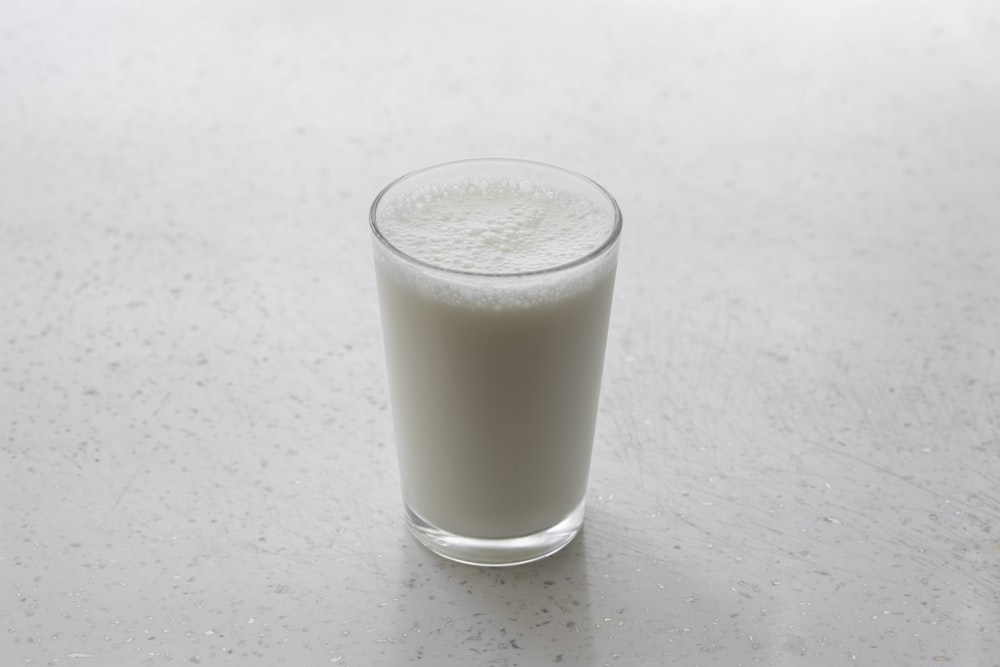
The majority of people believe they know the answer to the question, Why do we need Calcium? Most of us learned in elementary school that calcium is needed for strong, healthy bones. As children, we learned that it is an important element in the periodic table of elements. Most of our parents also prodded us to drink our milk if we wanted to grow big and strong.
When it comes to why we need calcium, however, there’s more to it than that. Yes, calcium is a vital nutrient that humans need. It is the most abundant mineral in the human body, with 99% of calcium deposits concentrated in your bones and teeth.
Calcium is also important for heart health and healthy skin. In this article, we’ll discuss what calcium does for your body, along with some tips for incorporating more calcium into your diet.
Why Calcium is a Vital Nutrient
Though calcium is known for keeping bones and teeth strong, it also performs other vital functions in your body. Calcium promotes blood clotting and stabilizes blood pressure, in addition to keeping your bones and teeth strong. This is important for assuring your body performs optimally every single day. Thus, if you suffer from a calcium deficiency due to an insufficient diet, your body will pull calcium from your bones to ensure your body functions properly. Sadly, this means a calcium deficiency can lead to a loss in bone density and could even cause osteoporosis. Here are the most significant reasons why a calcium-rich diet matters:
Calcium Promotes Excellent Bone Health
Calcium is critical for bone health, including bone density, bone growth and maintenance. This matters because your bones support your whole body and keep you upright and mobile. Calcium contributes to bone development for children. Once you reach a certain age and stop growing, calcium maintains a healthy skeletal system for adults. Most importantly, sufficient calcium in your diet slows down bone density loss which naturally happens as people age.
Women who have already undergone menopause can lose bone density much faster than men and younger people. As a result, their age bracket and gender make them at high risk for developing osteoporosis, a condition that can lead to bone brittleness and fractures.
Additionally, osteoporosis runs in families because certain inherited, genetic factors influence bone development. If you have an older relative who suffered a fracture due to this issue, then you could also be at risk. It would help to take a DNA test like the CircleDNA test to find out if you’re genetically at risk for bone health conditions, take preventive supplements to protect your bone health.

Regulates Muscle Contraction
Every time a nerve stimulates your muscles, your body will release calcium. It has an important job of ensuring nerves carry signals between your brain and every part of your body. Calcium also helps proteins in the muscles perform their work. As the body pumps calcium out of the muscle, muscles relax, paving the way for easier movement.
Calcium Promotes Cardiovascular Health (Heart Health)
Calcium promotes good blood circulation as it ensures blood vessels do their job correctly. Another primary job of calcium is to promote coagulation or blood clotting. This is vital because it helps prevent you from bleeding out or suffering from infections. The coagulation process is very complex, entailing numerous steps. And one of the most important elements involved in this process is calcium.
Most of all, calcium maintains the optimum functionality of the heart. Keep in mind; your heart is your body’s most important muscle that contracts and relaxes every second. Without proper calcium, it will not beat correctly.
In addition, calcium has the power to smooth the muscles around the tiny heart blood vessels. One study pointed out a direct link between correct calcium consumption and lower blood pressure. So if you suffer from essential hypertension, a calcium supplement could be your ally.
Calcium Works with Enzymes and Hormones in Your Body
Calcium has an important job of helping certain enzymes and hormones in your body. This means if you suffer from calcium deficiency, your organs cannot perform their functions correctly, and it will manifest physically. For example, insufficient calcium can result in the following:
- High risk of high blood pressure in pregnancy
- Increases blood pressure, even that of younger people
- Poor cholesterol
- Faulty insulin sensitivity
- Increases the risk of colorectal adenomas (non-cancerous growth)
- Sensitive teeth that are prone to decay

Signs and Symptoms of a Calcium Deficiency
Hypocalcemia is the official term for a calcium deficiency condition. This means you suffer from severe calcium deficiency, often from not getting enough calcium in your diet. (This is why it’s so important to eat foods rich in calcium or take calcium supplements.) Though it may seem like a simple matter, it can have a grave effect on your physical health, and could even become life-threatening when left untreated. Below are some of the common signs and symptoms of calcium deficiency:
- Muscle spasms, aches, and cramps
- Pain in arms and legs with normal walking or movement
- Tingling or numbness in arms, legs, or hands
- Convulsions
- Arrhythmia or an irregular heartbeat
- Extreme fatigue
- Brittle nails
- Coarse hair
- Excessively dry skin (which sometimes leads to eczema or psoriasis)
- Severe PMS
- Dental problems such as tooth decay, weak roots, chalky teeth
- Depression due to impacted brain function from the deficiency
Many people are unaware of some of the above symptoms. It’s not as widely known that calcium contributes to healthy skin and hair, or that calcium deficiency can cause depression. Keep in mind the above list includes some (not all) symptoms of calcium deficiency.
Prioritize Your Nutrition
What you eat matters. Attention must be paid to your nutrition. Calcium is only one of many vital nutrients that you need to ensure your diet contains. When it comes to calcium, you can get it from eating cheese, yoghurt, nuts, or by drinking milk, just to name a few examples.
Adequate calcium is only one component of a healthy, balanced diet. Speak to a nutritionist if you feel your diet is lacking in certain vital nutrients.
Want to find out more about yourself? Take a DNA test to find out your tolerance to different vitamins and minerals.
